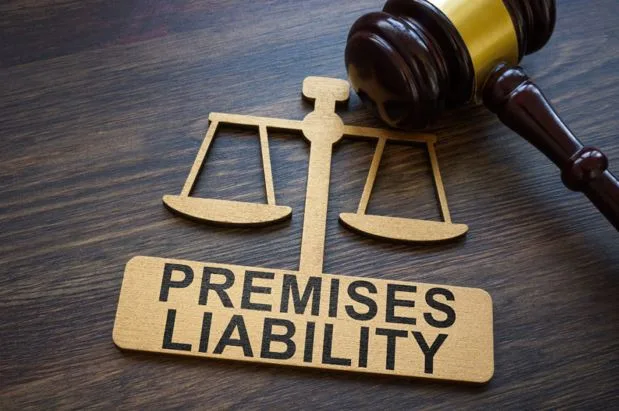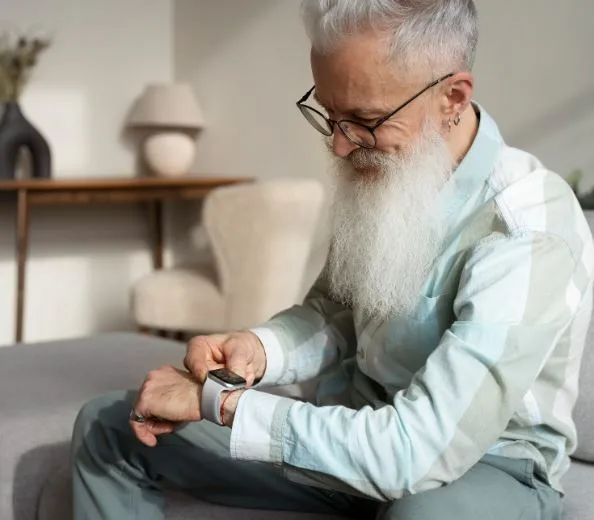What are the Responsibilities of a Property Owner Regarding Safety?
A lot of people live here in St. Petersburg, about 269,000 as of 2025, and a ton more people visit every year because it’s sunny, has beaches, and has fun stuff like parks and museums. There are so many places where people go, such as restaurants, shopping malls, apartment buildings, schools, and movie theaters.
Some sidewalks are old, and lots of stores have steps, shiny floors, and stairs. And when it rains, puddles form super-fast because the streets can get slippery, which makes walking around kind of tricky.
So, owners really must pay attention to all of that, because if someone falls or gets hurt, it’s their responsibility. That’s why a premises liability attorney in St. Petersburg can help people when the owners don’t do their job to keep their place safe.
Legal Definition of Premises Liability
Premises liability is like a rule that says if you own a building or land, you must make it safe for the people who are allowed to be there. If someone gets hurt because the owner didn’t fix something or warn people about danger, the owner can get in trouble.
In Florida, this rule says owners, businesspeople, and landlords must keep their buildings safe. That means they must check floors, stairs, doors, and even outside areas like parking lots or yards.
If something is broken, wet, or unsafe, it’s their duty to fix it up, or at the very least, put up a sign or verbally warn people about that risk.
Property Owner Responsibilities in Florida
If you go to someone’s property, it’s normal to expect it’s safe. Owners have the legal responsibility of maintaining their properties; in the meantime, they must warn people about it, and then proceed to fix the problems as soon as possible.
If someone rents an apartment or space, the tenant doesn’t usually have to fix big things. They can decorate or hang pictures, but they can’t knock down walls or make the stairs safer. That’s the owner’s job. If the landlord doesn’t fix broken steps, weak foundations, or leaking roofs, and someone gets hurt, the landlord can be responsible.
Property owners must also protect people from danger caused by other people. For example, if someone gets attacked in a badly lit parking lot, and the property owner knew that area was unsafe, they could be held responsible for not making it safer.
Common Types of Premises Liability Cases
The most common kind of injury related to premises liability is a slip and fall. That can happen from wet floors, broken stairs, potholes, clutter on the floor, stray wires, or bad lighting. If someone falls and breaks a bone, hurts their head, or gets seriously injured, that can be a premises liability case.
Other examples are
- Dog bites, especially if the dog owner didn’t control the dog.
- Swimming pool accidents if the pool isn’t safe.
- Fires or water leaks that weren’t fixed.
- Problems from snow or ice, which is more of an issue in the northern states, but Florida has hurricanes that can cause water damage.
- Elevator or escalator accidents if they aren’t working correctly.
- Toxic fumes or chemicals in a building.
- Security problems, such as if a property isn’t locked properly, and someone gets hurt.
Key Points
- Property owners must keep their buildings safe for visitors.
- Landlords are responsible for fixing dangerous conditions in rentals.
- Slip and fall accidents are common, but not the only risk.
- Injuries can be serious, including broken bones, spinal damage, and even death.
- Lawyers help victims collect evidence and hold owners accountable.





